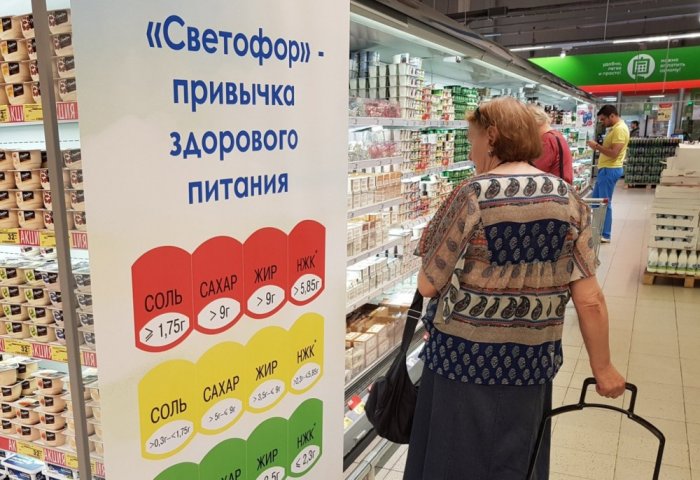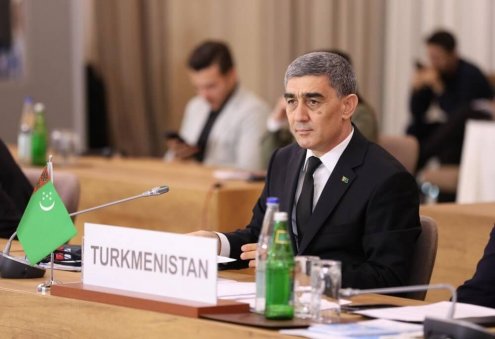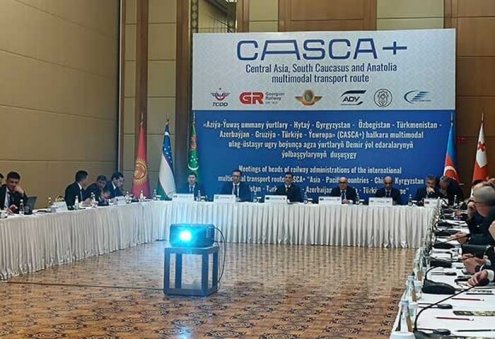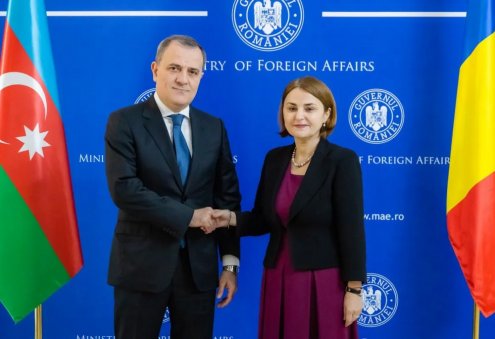The work on the final edition of the GOST’s “traffic light” product labeling system has been completed. The new GOST is expected to operate in the countries of the Euro-Asian Council for Standardization - Russia, Armenia, Belarus, Kazakhstan, Kyrgyzstan, Tajikistan, Turkmenistan and Uzbekistan.
According to the Federal Agency on Technical Regulation and Metrology (Rosstandart), the GOST on color marking of products is scheduled to be relased in October. The final version of the document was prepared at the Scientific Research Institute of Nutrition of the Russian Academy of Medical Sciences. It states that the color marking on the packaging will inform the consumer about the content of sugar, salt and fat in the products. A red stripe will mean that their proportion significantly exceeds the norm.
It is assumed that manufacturers will use the “traffic light” voluntarily. Experts at the Scientific Research Institute of Nutrition noted that the interstate standards can serve as basis for creating standards in this area. Moreover, they will be applied throughout the countries of the Eurasian Standardization Council.
Voluntary traffic light marking was launched in the Russian Federation on June 1, 2018. Initially, only ice cream manufacturers participated in the project. Some soft drink companies have joined it over time.
Currently, “traffic light” graphic warnings are not stipulated by the mandatory technical regulation on labeling of the food products. At the same time, documents of the national standardization system are applied on a voluntary basis.
What is GOST?
The word GOST (Russian: ГОСТ) is an acronym for gosudarstvennyy standart (Russian: государственный стандарт), which means state standard.
At present time, GOST standard is administered by the Euro-Asian Council for Standardization, Metrology and Certification (EASC), a standards organization chartered by the Commonwealth of Independent States.
At present, the collection of GOST standards includes over 20,000 titles used extensively in conformity assessment activities in 12 countries. Serving as the regulatory basis for government and private-sector certification programs throughout the Commonwealth of Independent States (CIS), the GOST standards cover energy, oil and gas, environmental protection, construction, transportation, telecommunications, mining, food processing, and other industries.


















